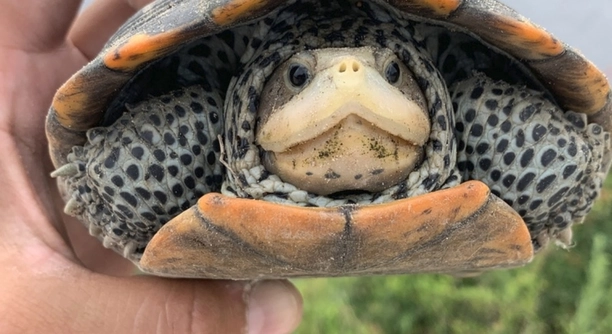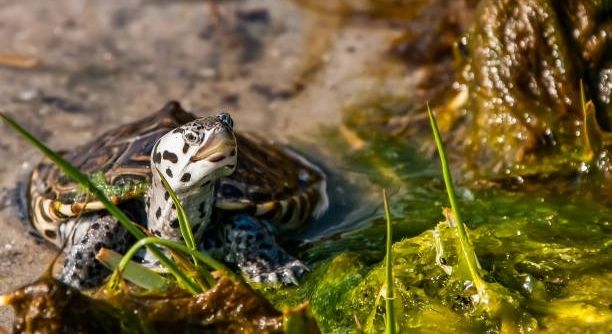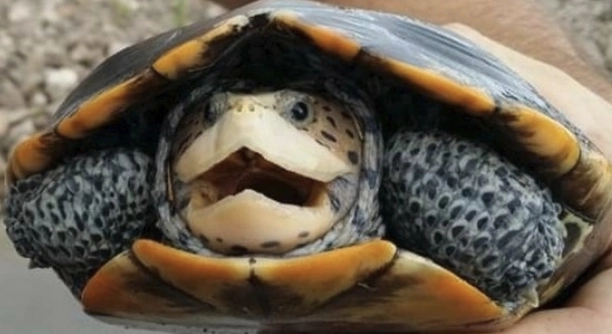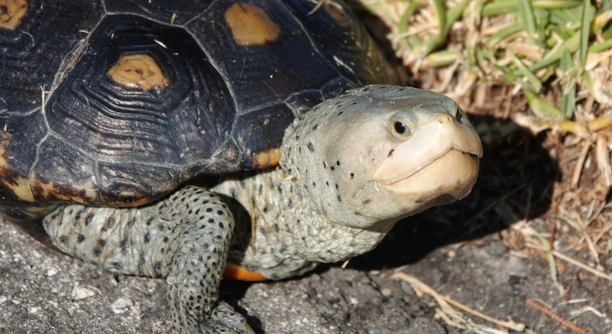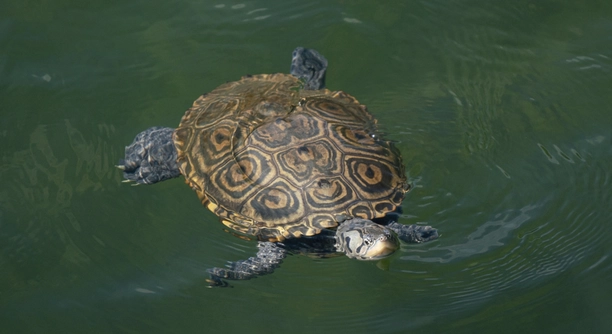7 Tips for Handling Diamondback Terrapin Aggression
Diamondback terrapins are fascinating creatures, but their aggression can sometimes be challenging to manage. Understanding how to handle their behavior is key to creating a safe environment for both you and your terrapin. To handle diamondback terrapin aggression effectively, it is important to identify the triggers of their behavior. This includes stress, territoriality, and feeding … Read more

